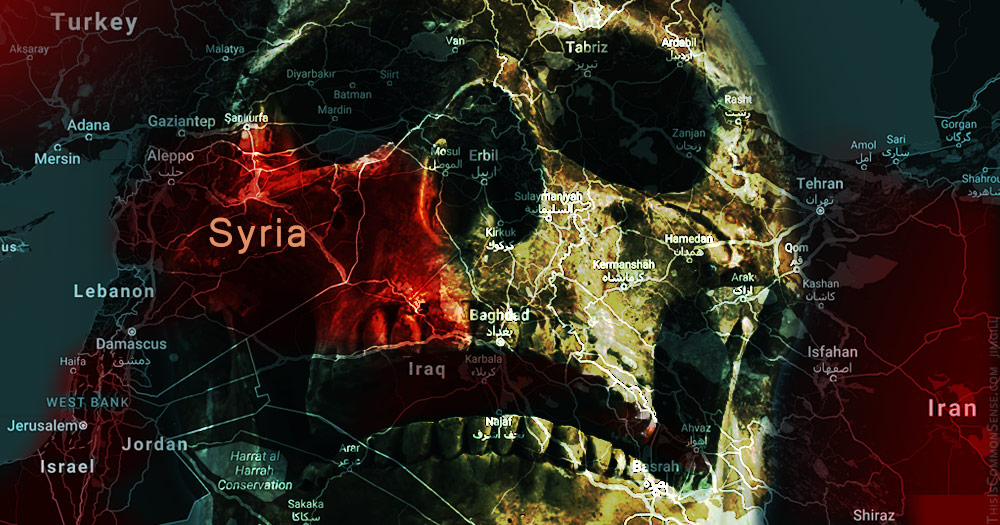Does the Federal Bureau of Investigation have a file on you?
Does it — or some other agency — have an active file on you?
If so, does it have good reason for such an investigation?
Well, refine that last question a bit: does the FBI have a good reason under the principles of a democratic republic, abiding by the limits set by the rights listed (and not listed) in the Constitution?
Eight years ago, the folks at AntiWar.com learned that they had been subject to FISA snooping and multiple “threat assessment” memos of the FBI. Eric Garris, founder, managing editor, and webmaster of the anti-war site sued, under the Freedom of Information Act, for discovery, and, under the 1974 Privacy Act, to have the memos expunged. On September 11, the court instructed the bureau to expunge one of them, mainly because no crime was under investigation.
You can read a good account of the story at The American Conservative, by Kelly Beaucar Vlahos. It is not a simple story. But the gist is that a journalistic enterprise was targeted for a spy operation because the American Deep State disagreed with — or just plain feared — the journalists’ policy of opposing never-ending war.
Never-ending war being, of course, the health of the ever-expanding state.
This may not unreasonably remind you of the Obama Era suppression of Tea Party activism via the Internal Revenue Service’s discriminatory doling out 501©3 statuses. But the FBI is even more ominous, as Angela Keaton, Director of Operations, acknowledged: “donors became scared.”
That is all the evidence we need to recognize how dangerous Deep State spying can be to the freedoms — political and personal — of Americans.
This is Common Sense. I’m Paul Jacob.

See all recent commentary
(simplified and organized)
See recent popular posts



